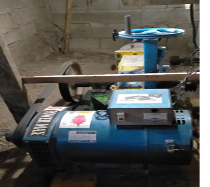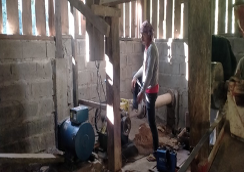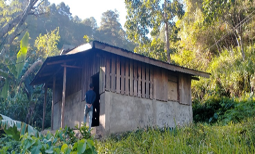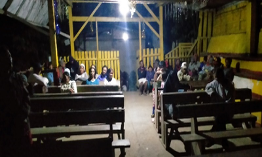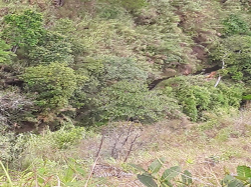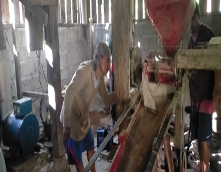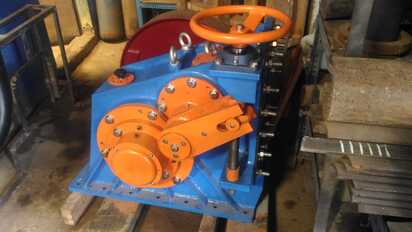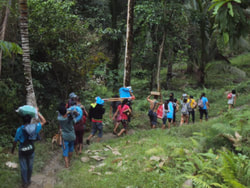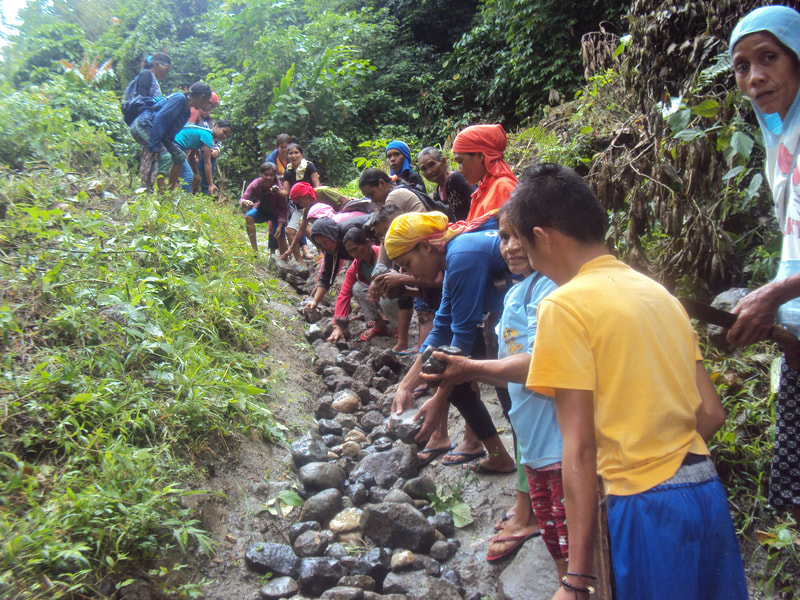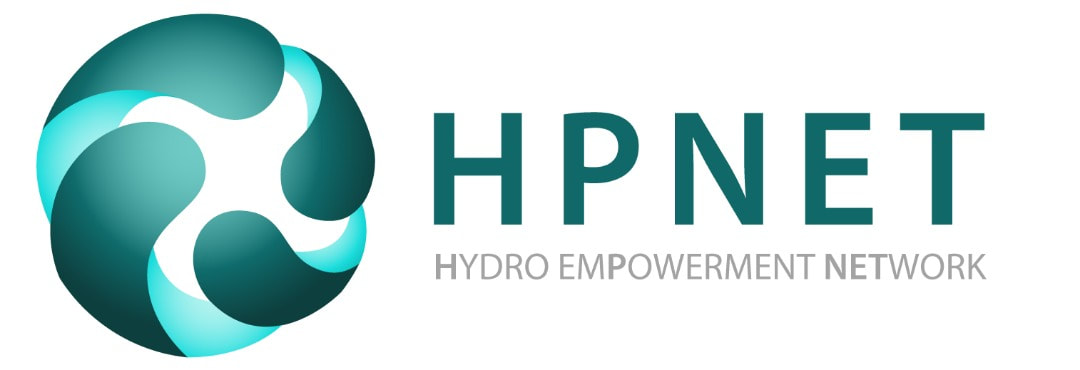We’re excited to announce the launch of a new video podcast series: StreamSide Chats! Through this platform we’ll chat with experienced practitioners about the ins and outs of small-scale hydropower and its wide-reaching implications for community empowerment. Join us, as we discuss technology, policy, environment, social impact and other multifaceted aspects of energy access and community-scale hydropower. StreamSide Chats brings together grassroots innovators and international experts, providing firsthand insights from the field, framed within broader, multi-country and multi-thematic analysis.
Our first StreamSide Chat kicks off the series with a timely discussion of the centrality of energy access to an inclusive COVID-19 recovery, and the role of micro/mini hydropower in building back more resilient systems. HPNET manager, Dipti Vaghela, chats with decentralized renewable energy specialist, Divyam Nagpal, who shares his thoughts on shaping long-term recovery and resilience through the lens of energy access. The Chat highlights the need to rethink the way we measure impact -- to prioritize long-term objectives and support local actors.
In Part 2, Director of Clean Energy at Winrock International, Bikash Pandey, joins the discussion, bringing three decades of experience in policy review, program design and implementation across all decentralized renewable energy (DRE) technologies. We chat about the missed opportunity of micro/mini hydropower as the mini-grid underdog, and best practices for supporting resilient, high social impact solutions providing lessons for the rural economic recovery needed ahead.
Join the discussion!
How do you think COVID-19 recovery and resilience can be shaped from the lens of energy access?
What barriers prevent us from shifting from kilowatts to social impact?
Over the next few days, we’ll be posting these questions and more, in our post-Chat social media forum. Share your insights on Twitter, Facebook and LinkedIn.
In case you missed it
Earlier this year we released a new video, providing a glimpse of how local micro/mini hydro practitioners collaborate with off-grid communities to advance sustainable development.
Check it out, to better understand small-scale hydro, “the underdog” of decentralized renewables, and its proven long-term socioeconomic benefits.
WATCH: Who Are We: The Hydro Empowerment Network (HPNET)
